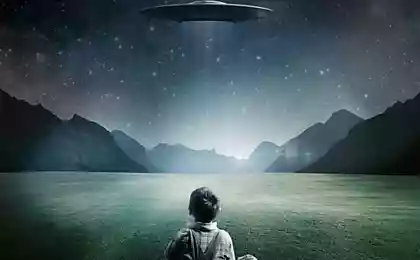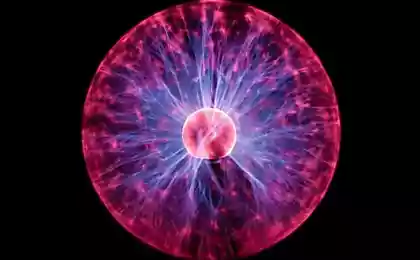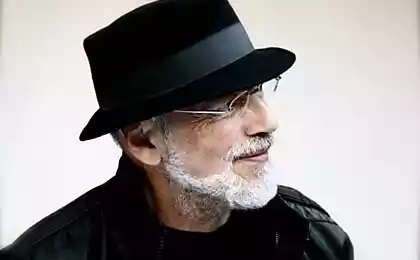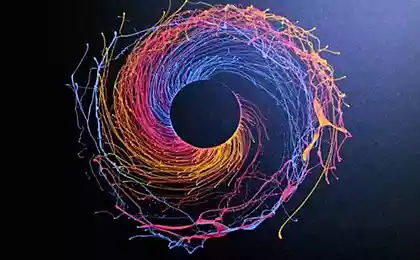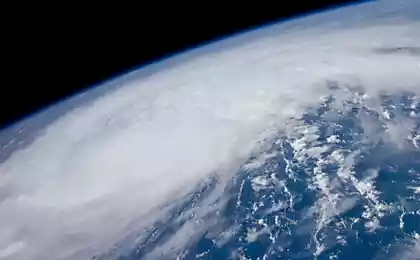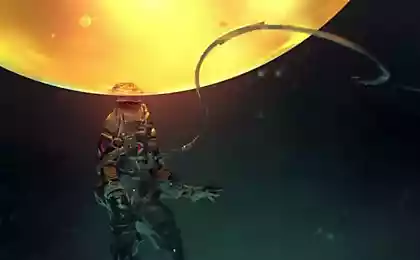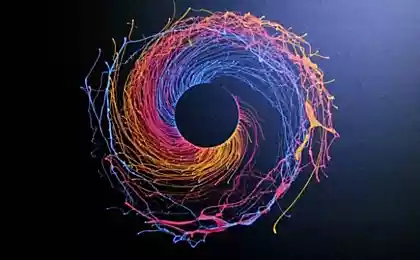616
Medea hypothesis says life is actually making our planet uninhabitable
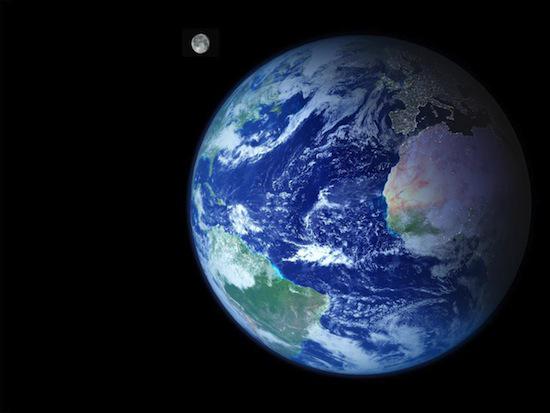
Medea Hypothesis - the evolutionary hypothesis Anti-Gay, asserting that multicellular life forms (superorganisms) doomed to destruction, and single-celled - the evolutionary suicide. From this point of view, if the microbes trigger processes of mass extinctions, to return the Earth to a state in which it has been for most of its history, when completely dominated by single-celled organisms, living or absent altogether. In the author's formulation: "Medea hypothesis says life is actually making our planet uninhabitable».
The author of the hypothesis and the term is an American paleontologist Peter Douglas Ward (b. 1949), professor of biology and of Earth and space in the University of Washington (Seattle), who described it in 2009 in his book «The Medea Hypothesis: Is Life on Earth Ultimately Self-Destructive? ».
Ward recalls that most mass extinctions in the world did not happen due to external reasons, and inland. In his view, the Earth's biosphere does not have the "wise self-regulation." Ward used to describe the imagery of the Earth is not Gaia, and other ancient Greek mythical character - Medea, who killed his own sons. The proposed interpretation of Medea unhappy children are multicellular life forms.
Of the 15 mass extinctions recorded in the fossil record of our planet, according to Ward and his associates, only one -Mel-Paleogene extinction that occurred 65 million years ago and povlёkshee extinction of the dinosaurs, was caused mainly by an external cause - the probability of falling asteroid.
"Suicide attempts" of life include: "methane poisoning" 3, 5 billion years ago and the "Oxygen Catastrophe" that occurred about 2, 4 billion years ago, as a result of 300 million years before that, the microorganisms that produce oxygen.
The only biological species that can, according to Ward, control and save the biosphere from destruction, is the man himself as a being reasonable and accumulate enough opportunities to influence the planet globally.
via factroom.ru
In New Jersey (USA) is a monument by Zurab Tsereteli
6, the most optimistic forecasts for the future of mankind



